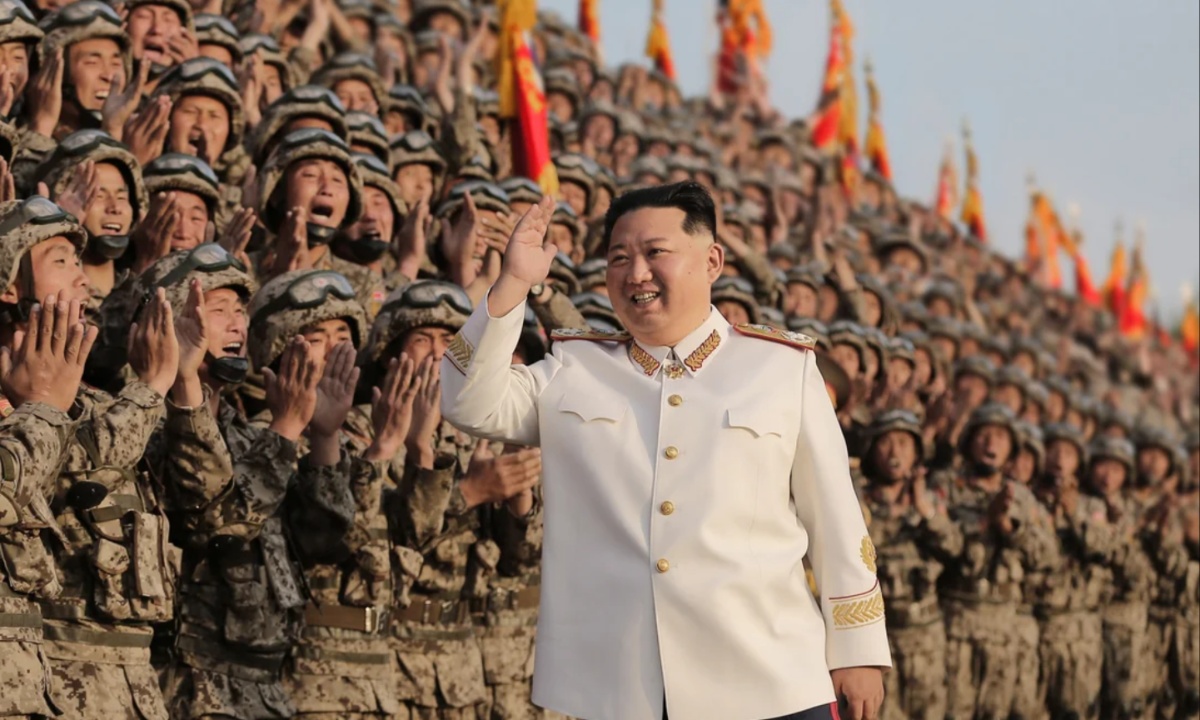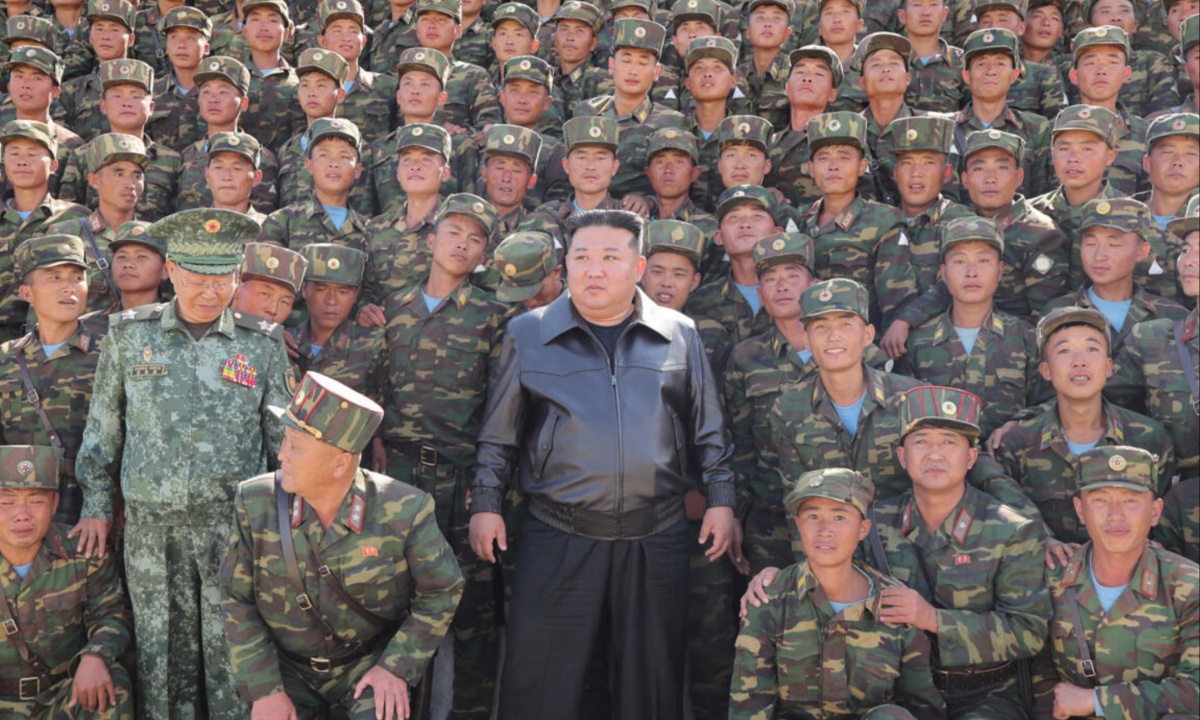The recent confirmation from NATO and the Pentagon reveals that approximately 10,000 North Korean troops have been deployed to Russia, primarily positioned near the Ukrainian border in the Kursk region.
This deployment raises concerns regarding the potential impact on the ongoing conflict, as Russian forces have been struggling against Ukrainian advances. U.S. officials anticipate that these North Korean soldiers could enter the conflict soon, just as Ukrainian President Volodymyr Zelenskyy urges international allies to take decisive action rather than remaining passive observers. The situation underscores a significant escalation in the military dynamics of the war.
Despite the hopes that some may have for the North Korean troops to bolster Russian efforts, experts are skeptical about their effectiveness. The soldiers, mostly young and without combat experience, have been trained in a very different environment in North Korea and will be operating with unfamiliar weapons in a foreign land.
Secretary of State Antony Blinken noted that these troops are being trained in various military operations, suggesting they are expected to engage in frontline duties. However, their lack of experience raises questions about their readiness and potential impact on the battlefield.
The historical context of North Korea’s military involvement suggests that their contribution might be more symbolic than substantial. While North Korea has provided military support and personnel in the past, including during conflicts like the Vietnam War, it has not engaged in major combat since the Korean War over half a century ago.

North Korean Troops Deployed to Russia Raise Concerns Over Impact on Ukraine Conflict
The young North Korean soldiers, likely trained in mountainous terrain, may struggle to adapt to the large, flat battlefields of Ukraine. Moreover, the logistical challenges of arming and deploying these troops effectively could further limit their contributions to Russian military operations.
The North Korean soldiers reportedly include elite troops and a contingent of officers, yet many are believed to be poorly equipped and vulnerable to various health issues due to the harsh conditions in North Korea. Their deployment is unprecedented for a large ground force, marking a significant shift in North Korean military strategy.
However, concerns about their welfare and readiness for combat remain. Historical accounts of North Korean defectors highlight the inadequate training and poor living conditions faced by regular soldiers, which could severely impact their performance in Ukraine.
Ultimately, the deployment of North Korean troops appears to be a high-stakes gamble for Kim Jong-un. While their presence may offer some short-term benefits to the Kremlin, significant casualties could undermine Kim’s regime and the carefully controlled narrative within North Korea.
As experts point out, the reality of warfare could lead to heavy losses, which would challenge Kim’s grip on power. The coming weeks will be crucial in determining whether these troops prove to be effective fighters or simply become disposable pawns in a conflict that poses risks for all involved.











































